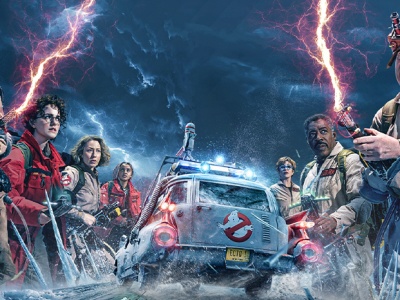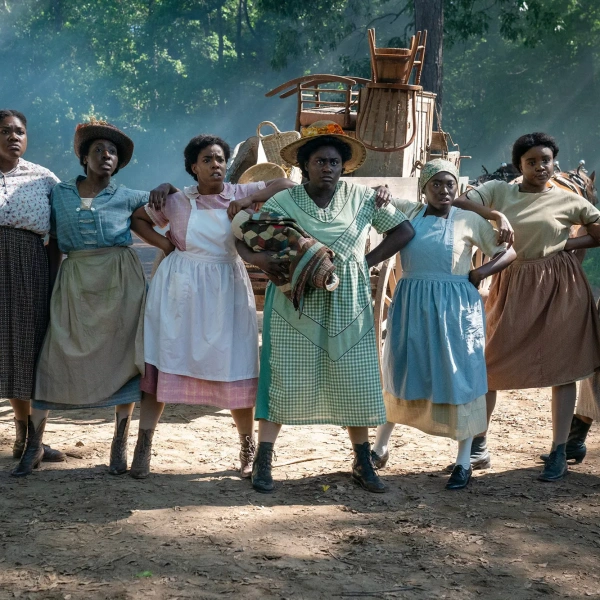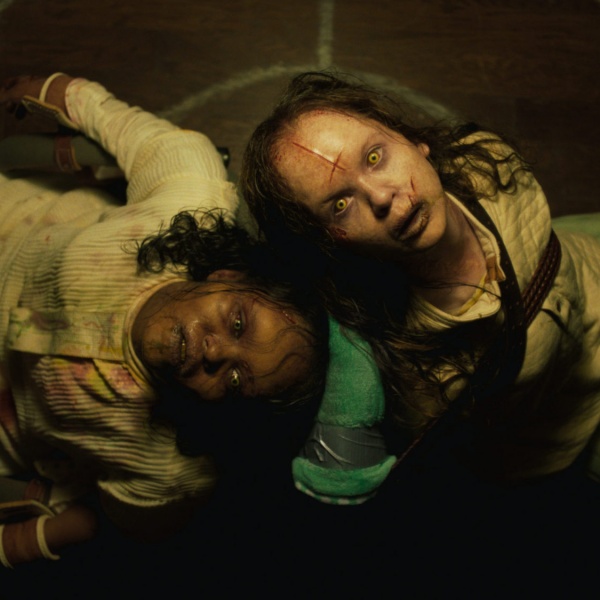Alan Turing is a man synonymous with the ‘breaking’ or cryptanalysis of the Enigma Code. The Enigma machine was used by Nazi Germany in the second World War to encode strategic commands and thought to be unbreakable, that is until Turing developed a machine capable of deciphering the messages sent between Nazi military command and their fleets of Luftwaffe and U-Boats. Turing’s efforts effectively shortened the war and saved millions of lives.
While The Imitation Game uses the events of Turing’s time working for MI6 at Bletchley Park as its impetus, it is the details that are less widely known about the logician that transform this biopic into something more… something different.
The catch of any biopic is the caveat, ‘based on a true story’, some critics have already come out and attacked The Imitation Game for its lack of veracity, its bending of the truth, but to focus on facts is to completely miss the point of the film; The Imitation Game is a film about the illusion of normalcy and society’s inability to accept that which does not fit, it was true for Turing and it remains true today and the film’s true worth isn’t bogged down in strict adherence to fact but its exploration of areas of grey.
Like truth, time in The Imitation Game is malleable. The film begins in 1951, after the war and after the breaking of the Nazi’s war machine, the yet unknown Turing is called to the attention of the police when he is the victim of a break-in, the details of which don’t quite fit for Detective Robert Nock, played by Rory Kinnear. After some digging Turing is brought in for questioning and it is here, in the interrogation rooms of a Manchester police station that the truth about his involvement with MI6 and the Enigma cracking is laid out for the inquisitive Nock and the audience by proxy.
The film flashes between Turing’s boyhood education within the confines of Sherborne School in Dorset, his life in post-war Manchester and his time working for the British military at Bletchley Park, and while the pacing of the film misses a few beats along the way, the overarching structure of the film is good enough, the synergy of theme and form paying off satisfactorily enough, that these missteps are forgivable.
When talking about The Imitation Game it is impossible to ignore the performance of Benedict Cumberbatch as Turing. Cumberbatch thrives on inhabiting characters that are eccentric and his roles as Khan in Star Trek: Into Darkness, Sherlock Holmes in Sherlock and now as Alan Turing in The Imitation Game have cemented his place as an actor who plays ruthless and disconnected with just the right amount of humanity to be likeable enough for an audience to connect with.
Being a mathematical genius with little empathy isn’t the only element of Turing that brands him as an outcast, and it is within his life outside the machinations at Bletchley Park that initial dislike for the character is replaced with something resembling understanding. Confirming Clemens’ statement about men and their dark sides, Turing has a side he must keep hidden from the world lest it land him in prison and once the audience realises the reasons behind Turing’s aloofness the hook is set and the film begins to barrel toward its conclusion.
The Alan Turing of The Imitation Game is a person completely out of step with the world, his genius often overshadowed by his refusal to conform to social norms to the point of his own detriment, and Cumberbatch’s performance is a testament to his ability to tread the fine line between misunderstood and monster. Cumberbatch is at once monstrous in his disregard for his colleagues and emotionally eggshell fragile, misunderstood by even those closest to him. The aftermath of the war and the treatment of Turing is heartbreaking and reprehensible; that even a man of such genius is treated so poorly by the people he had such an enormous part in saving from the tyranny of Hitler’s fascism is unquestionably cruel.
Cumberbatch is supported by a strong cast of actors including; Mark Strong, Keira Knightley, Matthew Goode and Charles Dance. All of the supporting performances are solid but pale next to the craft of Cumberbatch, a result that may well have been an intentional device from director Morten Tyldum’s perspective; Turing is different, and Cumberbatch’s performance elevates the character beyond the normal that the other performers provide with aplomb.
The Imitation Game is by no means a perfect film; there is a small undercurrent of triteness that hurts the films unique nature, the most obvious of these is the repetition of a phrase as motif that becomes insufferable by the film’s end, but like its pacing issues, these rough points are not enough to be more than minor details against the backdrop of a riveting film.
Alan Turing is often acknowledged as the father of theoretical computer science and artificial intelligence, his genius is undeniable, his work invaluable, his life widely unknown. The Imitation Game is a biographical film about one of the 20th century’s most obscure intellectual giants. If you know nothing about Turing then there is a lot to be had from this film as a primer, if you are well aware of Turing then go in with an open mind and a flexibility for the truth and enjoy the film for what it is; an exploration of the themes of what it is to be normal, whatever that means.
Review by Liam Kinkead
What did you think of the Imitation Game? Let us know in the user review below












